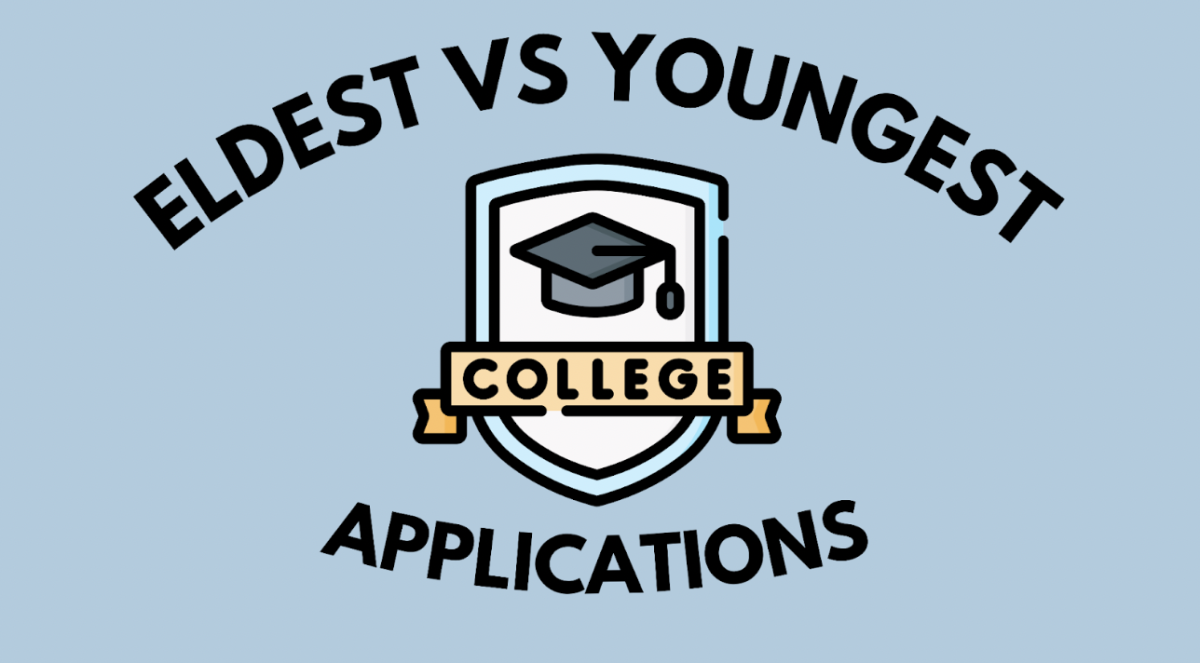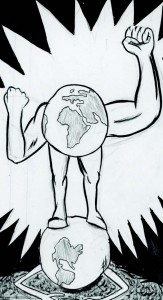In October, 2010 the Westport Board of Education approved a new class for freshman students, Global Themes, to replace current course Western Humanities beginning this school year.
This class is a shift from the conventional memorization that was a large part of Western Humanities. The curriculum is more flexible, and it is less eurocentric.
In the past, Western Humanities had been a pillar of the education that freshman students received.
Older siblings were able to tell younger siblings about this class, what tests to expect, what work to be prepared for, what was fun and what was not.
However, this year, that tradition breaks with Global Themes, a class that no Staples student has yet to take.
Though incoming freshman might not have older students who from experience can tell them what to do to prepare for in this course, Social Studies department head James D’Amico has provided many essential details of the class, enabling incoming freshmen to have a basic idea of what this school year’s history experience will be.
Homework/Essays
Similar to Western Humanities there will be one major essay each quarter. However, what is different is that these essays will connect more to the contemporary aspects of the curriculum. Students will also have to find more of their own sources for these projects, instead of relying on teacher provided sources. D’Amico said that there is no homework policy for the class, but similar to Western Humanities there will be a wide variety of assignments that relate to what is being taught in class.
According to D’Amico teachers will assign test and quizzes throughout the course, and there will also be a test at the end of each of the themes to make sure students mastered the knowledge in the unit. A major difference from Western Humanities is that instead of having a final there will be a problem project where students will have to use the knowledge and skills they learned throughout the year to answer a question.
Other Information
D’Amico says that for now the same world history textbook will be used, but in the future he hopes to switch to online interactive sources. Similar to Western Humanities there will be a variety of projects throughout the course. He says that teachers will have more say in choosing these projects. According to D’Amico, one thing that will change about the lesson structure of the classes is that more time will be more opportunities for students to research and explore different topics.
Units
According to D’Amico, the class is based around three themes, Global Interconnectedness, Revolutions and Imperialism. While some of the same events that were covered in Western Humanities will also be covered in this course, the units themselves are completely different. A major difference is that in each unit a connection will be made to a more modern event. D’Amico said that this class is not designed as a history course, as it does not focus on one area, instead it ties together history, culture and social and economic systems of societies from around the world.












































